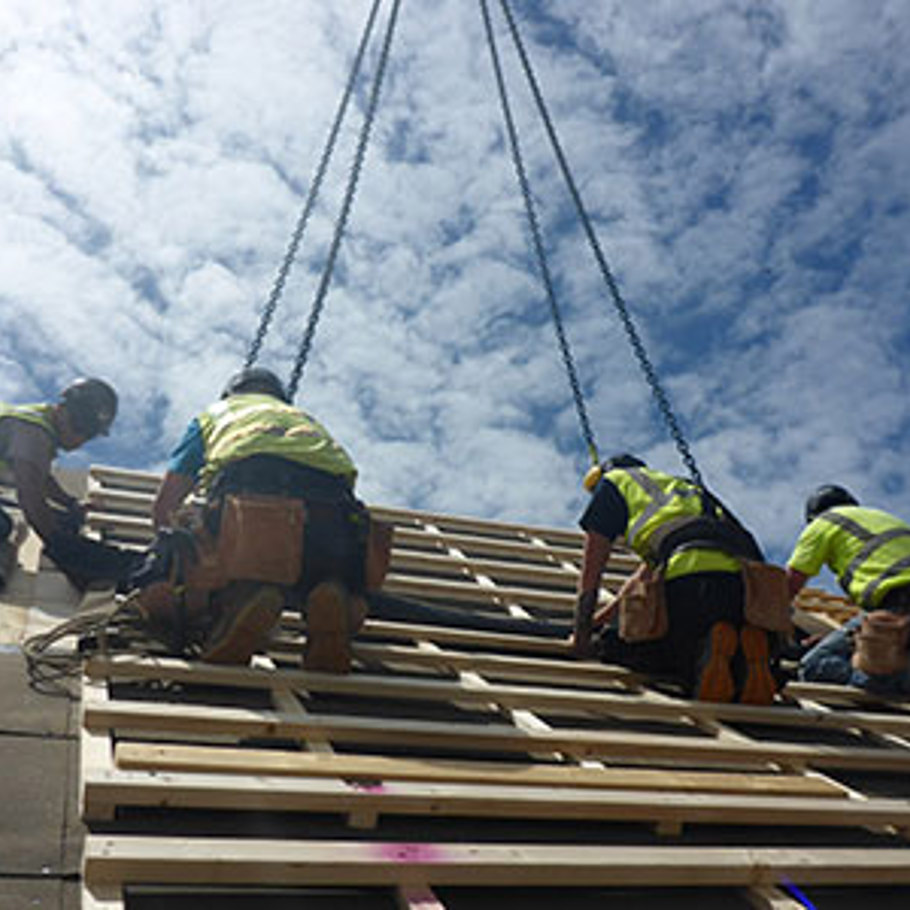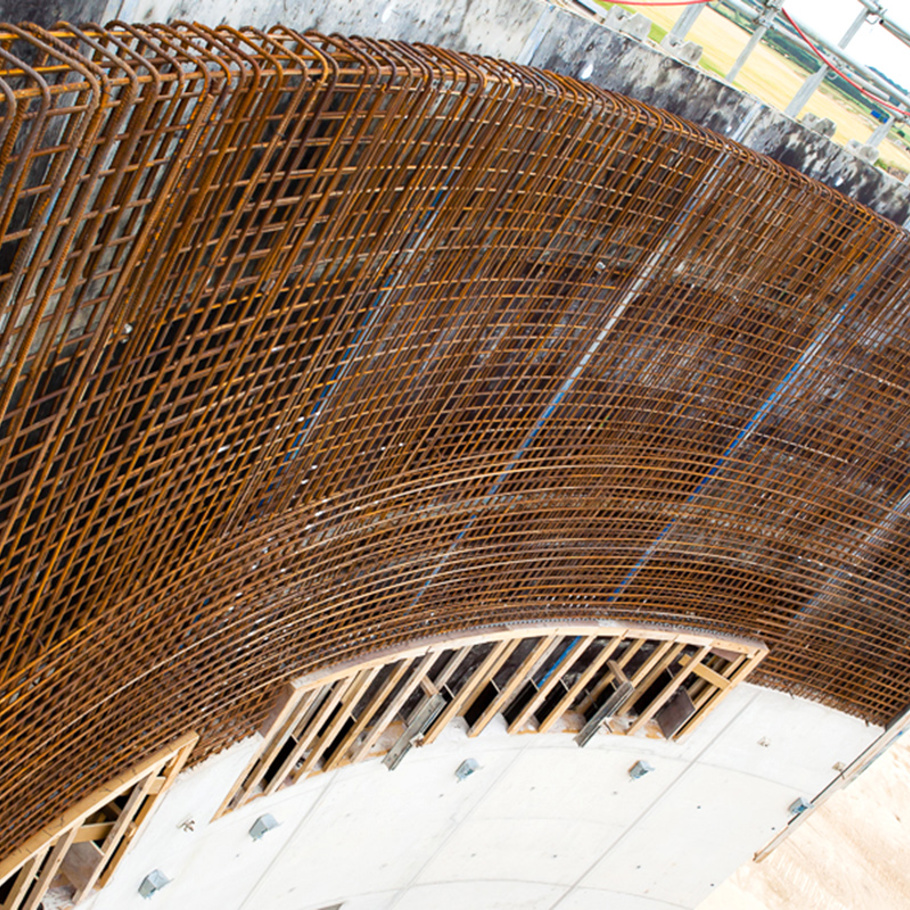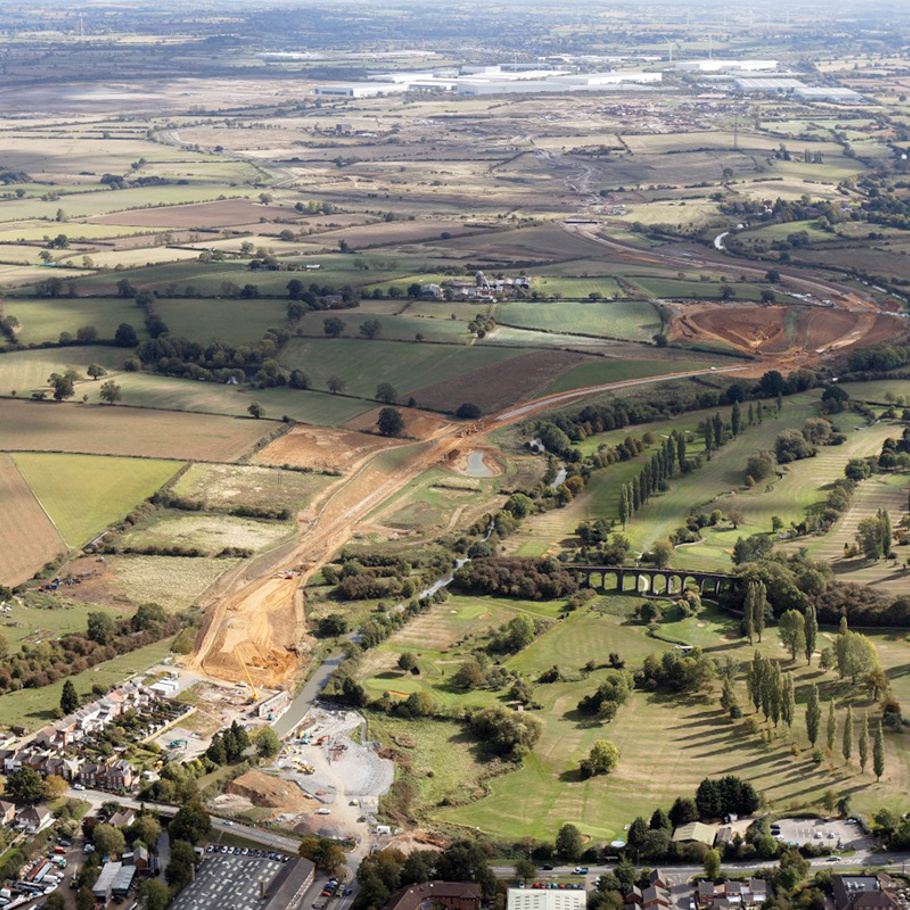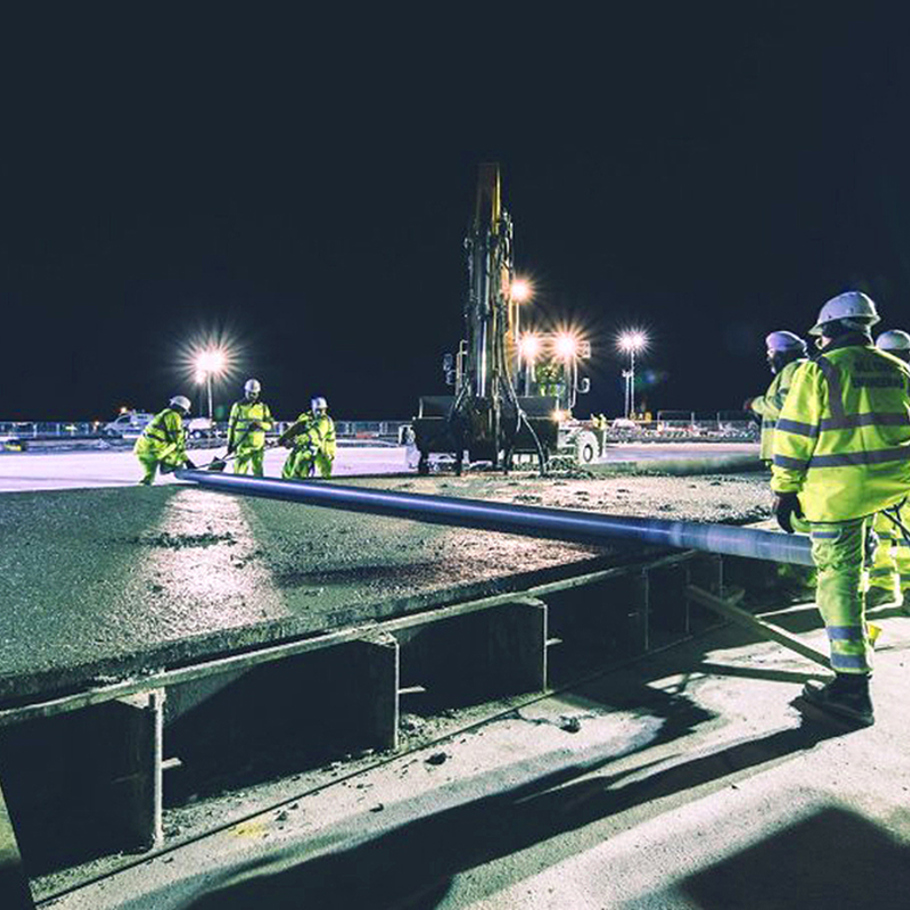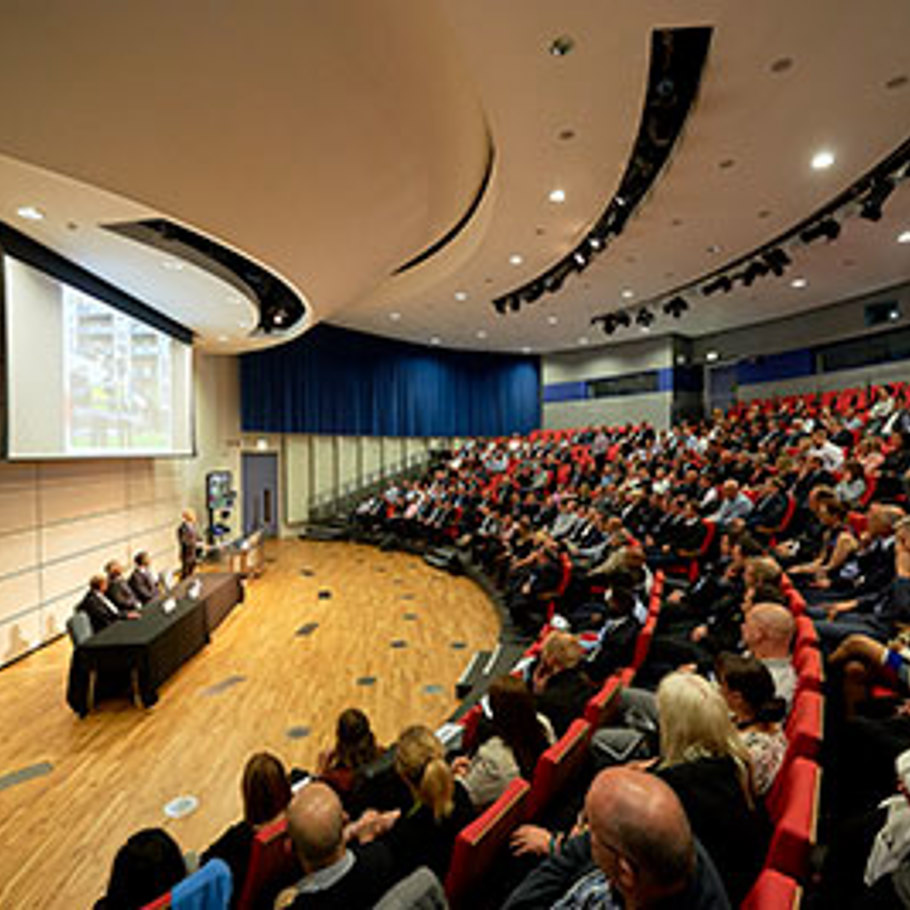Topic People, Defence
Date 25 Jun 2022
To mark Armed Forces Day, Galliford Try’s Nathanael Pickett, who is also a British Army reservist, explains how military leadership training has provided a strong basis/foundation for a career as a Civil Engineer.
This is an abridged version of an article that was previously published on the Institution of Civil Engineering (ICE) website.
"In the construction industry, we do not just build the physical fabric of society, but we have an impact on how society lives and thrives.
Civil engineers have the opportunity to drive change, and to provide solutions to overcome the challenges facing humanity.
To fully achieve our potential to society, we must be effective leaders as well as being technically skilled. The construction industry is about people, utilising a skilled workforce alongside materials and equipment to build infrastructure.
I underwent leadership training with Southampton University Officer Training Corps (OTC) while studying Civil Engineering at university. This gave me a technical foundation as well as a grounding of what leadership is about.
During my reserve soldier training, I was taught teamwork as well as a range of military skills. An effective leader must be able to follow as well as lead.
Throughout the training I was exposed problems in challenging environments where success was achieved only through teamwork and mental resilience.
Civil engineers must also be team players. For example, as a site engineer, without the co-operation of steel fixers, carpenters, concrete finishers, concrete supplier, and a concrete pump, pouring a 30 cubic metre wall would be impossible.
At the Royal Military Academy Sandhurst (RMAS) I was taught the theory of leadership and management by leading academics who challenged my preconceptions on leadership and the role of teamwork in an effective team.
Just like construction, the army’s biggest asset is its people. Being able to effectively plan, manage and lead this vital resource is at the heart of its leadership training in the British Army. I was taught the combat estimate, which is the planning tool used by the British Army.
While at RMAS I was assessed on my practical leadership abilities on exercises. Exercises are where the army practises being on military operations, normally for extended periods of time. Your diet consists of ration packs, you’re firing blank ammunition and operating on less sleep than you might have thought possible. The latter element really shows your character, and surprisingly aids in understanding who you really are.
At Sandhurst, I learned a lot about leadership, management, and planning, but also something I was not expecting, myself.
The feedback given at RMAS was focused on the leader as a whole. This holistic approach is something rarely received in our industry, where key performance indicators take precedence. But the importance of a 360-review process is paramount. To become the best engineers we can be, we must understand our strengths and weaknesses not just technically but also in our ability to work with those around us.
Further to understanding our skills Civil Engineers are the stewards of tomorrow’s society, with this responsibility upon us we must know the direction of our professional moral compass. How can we know that we will act with integrity and that our values reflect the profession we represent if we do not know what we personally stand for. What our values are? What would we accept? What wouldn’t we accept?
Personally throughout my journey as a reservist, I am actively encouraged to reflect upon my personal values. This understanding of my morality is reflected in my approach and output at work making me a better Civil Engineer.
In industry our values will be challenged, often against commercial imperatives.
We have a duty as Civil Engineers to act with professional integrity as stated in both the Galliford Try and Institution of Civil Engineers code of conduct.
Rightly, employers must ensure employees are trained in compliance with the law. But being in the Army Reserve has seen them invest resources in my personal development, consequently enriching and informing my work as a Civil Engineer.
The Army Reserve is not for everyone, but all engineers should consider what they can do to develop themselves outside of business hours. Online, there are scores of courses, books, and articles available to aid self-development. If you want to reach your full potential and build a better tomorrow the knowledge is out there, take it!
To meet the challenges that lie ahead, civil engineers must be team players, self-aware and ethical. We must seek to develop ourselves beyond our job specification, for me the Army Reserve has and continues to do this.
Finally as we continue the great work of renowned civil engineer Thomas Telford, we should not lose sight that we are the stewards of tomorrow’s society and must be capable of rising to the challenges of this generation. To do this, we must remember that all civil engineers are leaders.”


